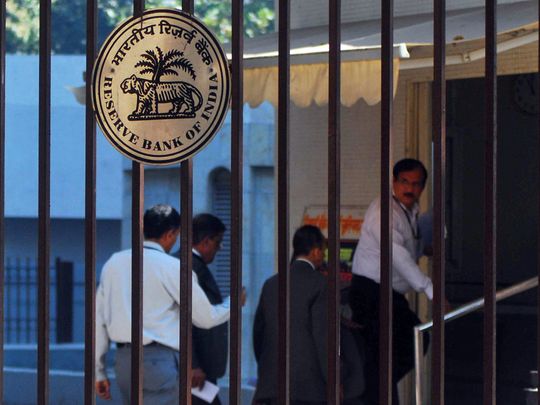
Euro-area inflation probably hit another record last month, just short of 10 per cent, keeping the heat on the European Central Bank as it considers how aggressively to raise interest rates.
All economists surveyed by Bloomberg predict a new all-time high for consumer-price increases. The median forecast is 9.7 per cent, with four predicting a double-digit outcome.
Data for the 19-nation euro zone are due Friday following reports from the region’s three largest economies and an assessment of business sentiment around the bloc.
With prior readings having given a key impetus to expand tightening at the past two ECB meetings, the new report is likely to be one of the most important ingredients for the next decision, due in a month’s time.
That backdrop, along with any policy implications from Italian elections on Sunday, will surely be a dominant theme for President Christine Lagarde when she testifies to lawmakers in Brussels the following day.
She’s likely to face questions on where interest rates will settle after 1.25 percentage point in hikes so far, and which way officials will lean if they have to choose between fighting inflation and protecting jobs.
Her appearance comes during one of the busiest weeks for ECB speeches this year. All of Lagarde’s five Executive Board colleagues, as well as 10 of 19 national central bank chiefs, are due to make public comments.
Meanwhile, the UK is likely to stay firmly in the sights of investors after a week when the pound crashed in the wake of the biggest round of tax cuts in half a century. Several Bank of England officials are due to speak, including chief economist Huw Pill and two deputy governors.
Given the fraught global backdrop, the OECD’s interim outlook on Monday may also draw attention for its running commentary on the state of monetary policy and a possible deterioration in growth outlooks.
In Eastern Europe the same day, the Czech government will unveil a 2023 budget draft with planned spending on energy subsidies and windfall taxes on selected industries. Later in the week, policy makers are likely to keep rates unchanged, judging inflation pressures to be easing.
Hungary’s central bank is poised to hike interest rates further on Tuesday, even as the forint’s continued underperformance narrows policy makers’ room to end their tightening cycle.
In Japan, there’ll be a continued focus on the government’s stance on currency intervention, following the central bank’s decision to stick with ultra-low rates the previous week.
Governor Haruhiko Kuroda will make a speech and talk to reporters on Monday to give further insights into his thinking.
The central banks of India and Thailand will meet to determine policy this week, with both expected to further raise rates as their currencies slump.
In South Korea, business surveys and industrial production data are set to reflect the state of overseas demand.
Down under, Australia’s retail sales data should indicate whether the RBA’s decision to switch to smaller rate hikes was correct, while in New Zealand, business and consumer confidence data are set to give an initial look into whether the country’s larger-than-expected second quarter bounce may be continuing.
In China, PMIs on Friday will be closely watched to assess whether the recovery picked up in September or stalled.












